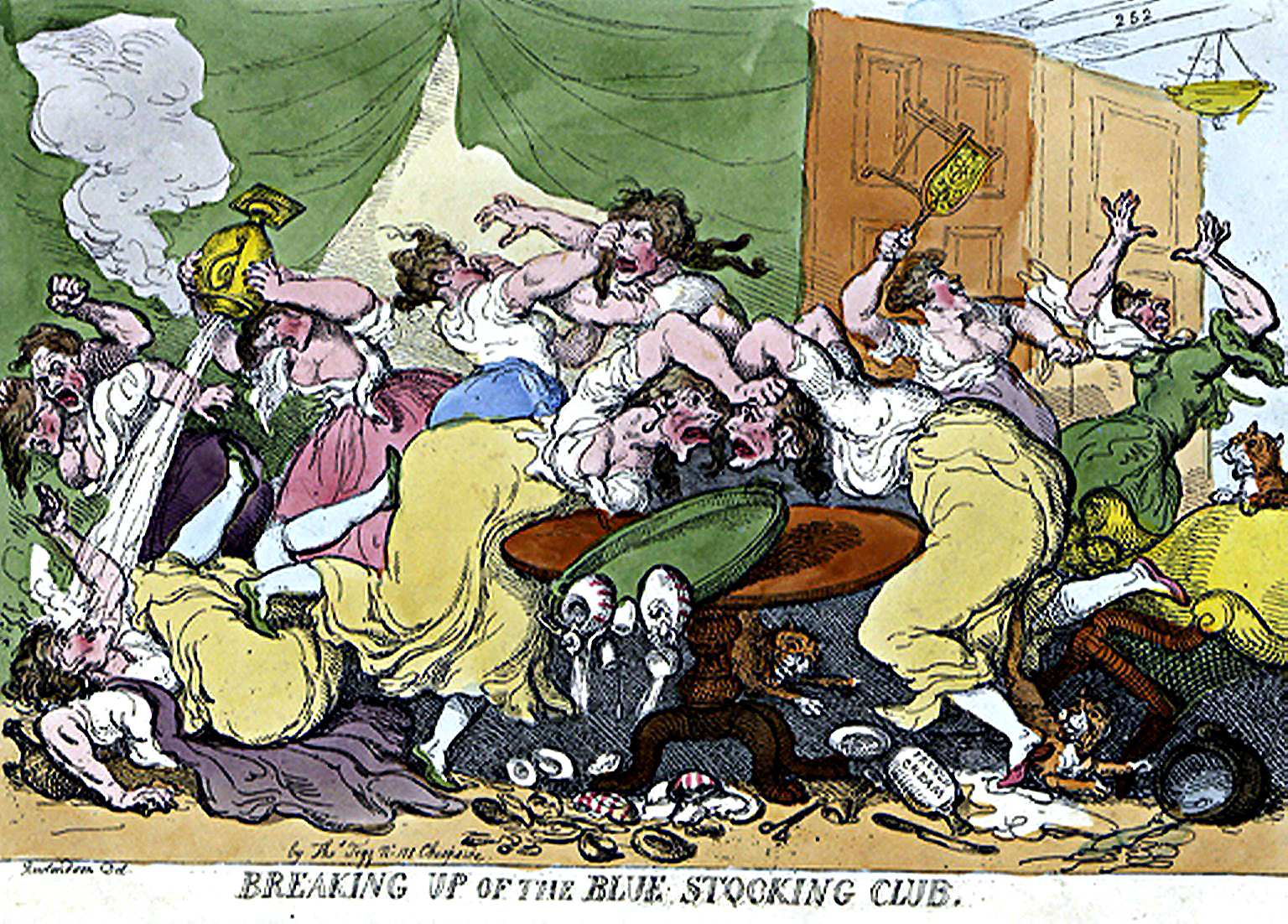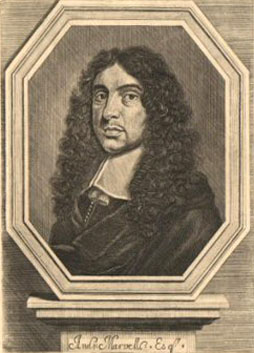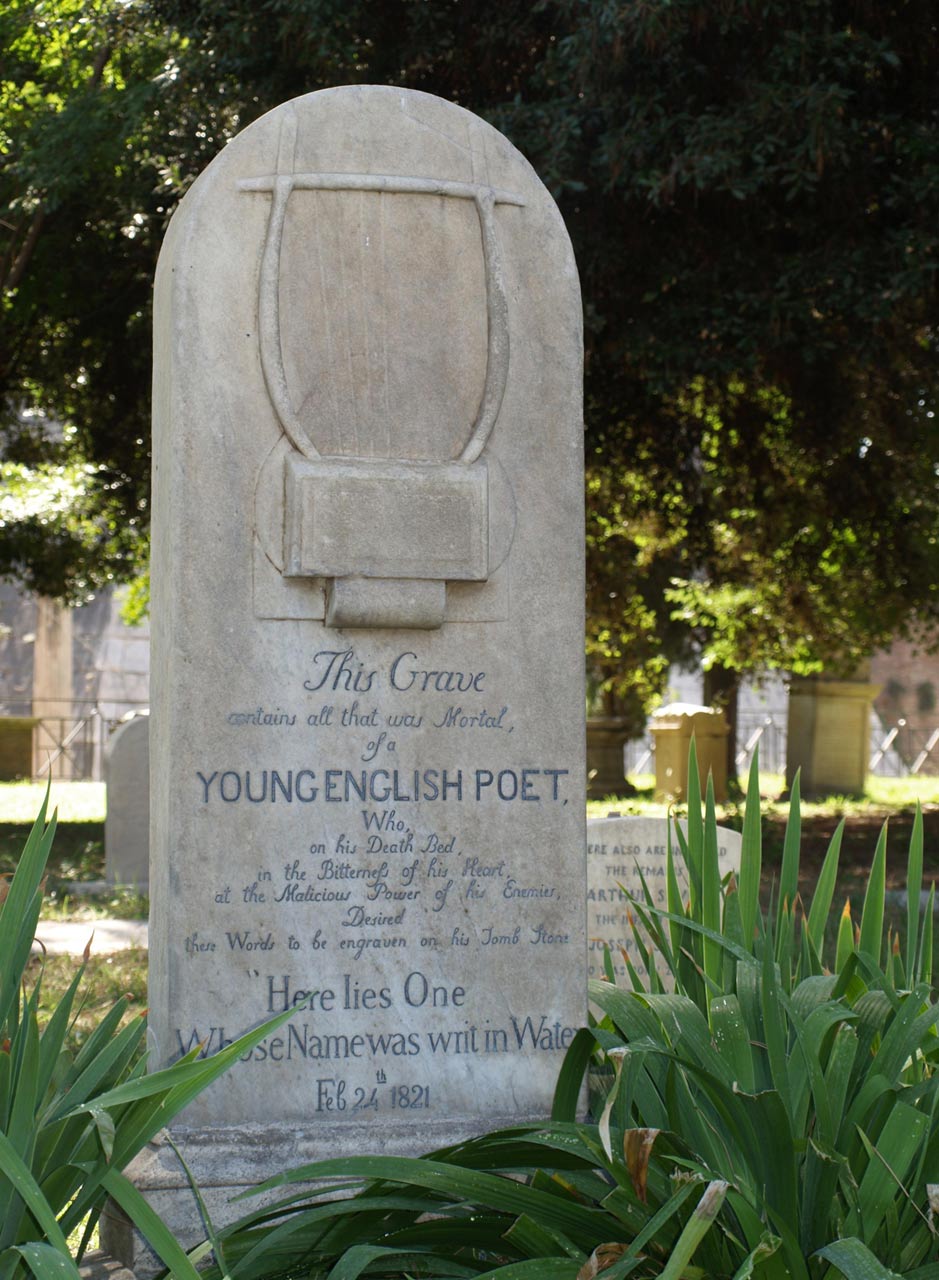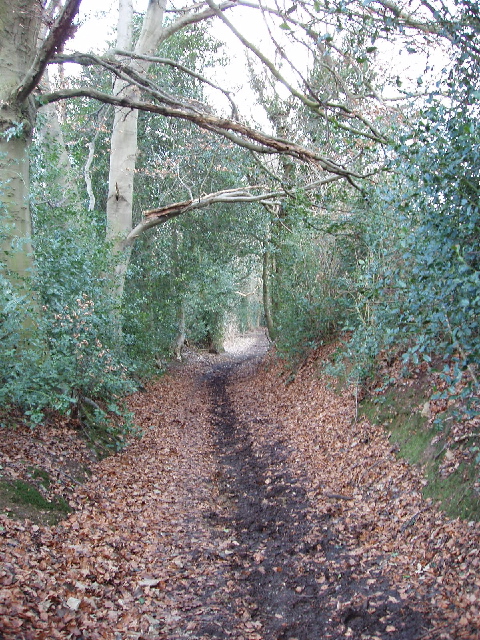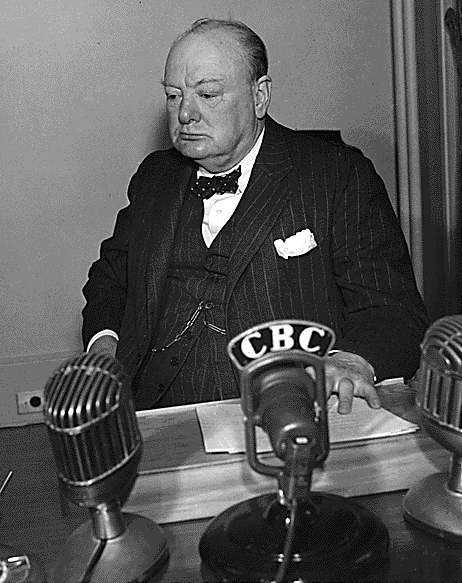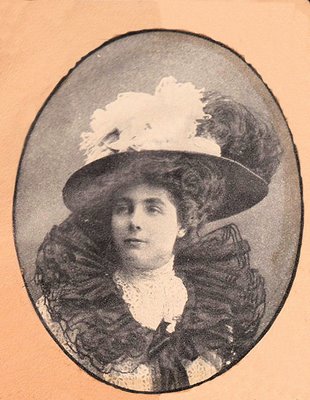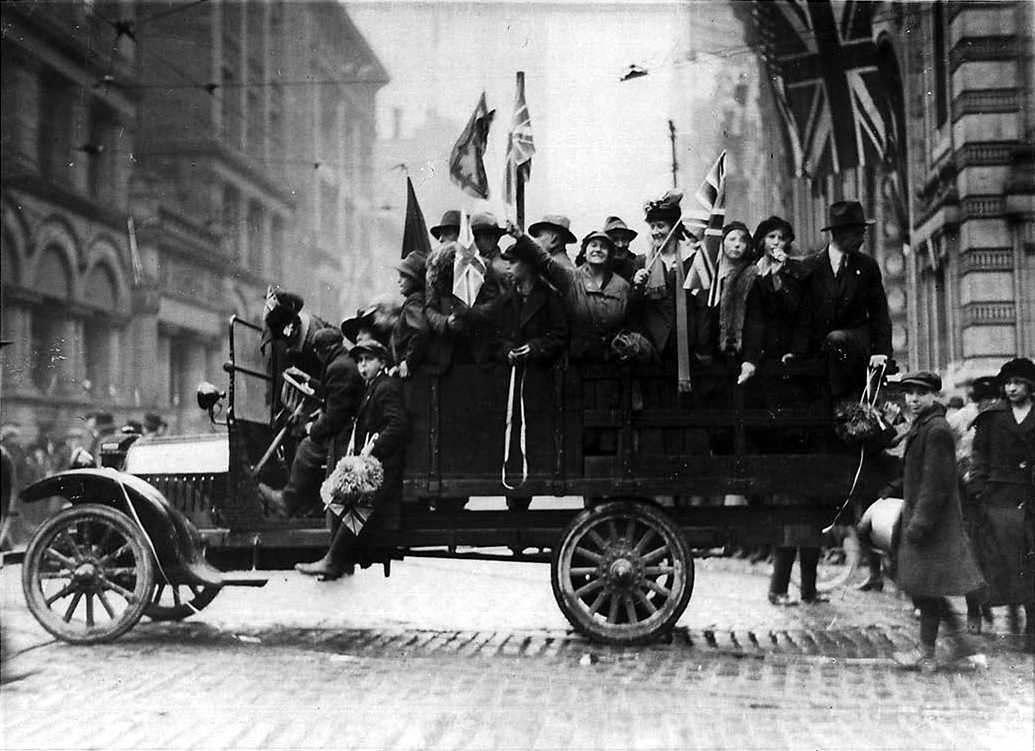Portraits in the characters of the Muses in the Temple of Apollo, by Richard Samuel
National Portrait Gallery
This picture shows important members of The Bluestocking Society. Click on the National Portrait Gallery link to find out more.
'There are other universities if you're so set on being a bluestocking,' Sylvie said. Sylvie, although she never quite came out and said it, thought academia was pointless for girls. 'After all, a woman's highest calling is to be a mother and a wife.' "
If you search the term bluestocking then references to a group of eighteenth century women come up.
The Blue Stockings Society started in the 1750s, was founded by a group of likeminded women, who enjoyed a privileged position in society. At a time when women were excluded from higher education and academia, they met to discuss literature and the arts. Prominent male writers and members of society also joined the group.
Here is a list of some of the prominent, first generation members, starting with the founders:
Elizabeth Montagu - 'Queen of the Blues'
Elizabeth Vesey
Frances Boscawen
Hester Chapone
Anna Laetitia Barbauld
Elizabeth Carter
Sarah Fielding
Hannah Moore
Sarah Scott
Catherine Talbot
Catherine Graham
Hester Thrale
Here is a link to portraits of the main members
And here are some of the men:
Benjamin Stillingfield - credited with inspiring the the origin of the name for the society
Edmund Burke
David Garrick
Samuel Johnson
Sir Joshua Reynolds
Horace Walpole
It didn't take long for the term to take on negative connotations of being humourless, dry, unfeminine and frumpy. I think Izzie has that image very much in mind:
'And who wants to be a boring old bluestocking?' Izzie said.
'Me,' Pamela said.' "
What does this contemporary etching tell us about opinions of the society, or of women in general at the time?
Breaking up of the Blue Stocking Club 1815
Thomas Rowlandson 1756-1827
Copyright The Trustees of The British Museum
It is interesting that it is Sylvie, over 150 years later, who echoes the common view of women and education; that women were not intellectually able, that such endeavours would distract them from their true calling in life (mother and wife), that it was unladylike... of course at the time that Pamela is considering university the view that a woman's place is in the home was still very much the generally accepted one.
Nowadays much is being done to readdress this implication of the term. Please look at these excellent sites and be inspired.
Excellent Katelyn Ludwig site
A new take on The Blue Stocking Society
The Bluestocking Institute
Guardian article on Bluestocking Exhibition
Another interesting review of past exhibition
Review of Jessica Swale's play, Blue Stockings
Review of Jane Robinson's book, Bluestockings
Biographical Sketches of Bluestockings,by Anna Miegon
An interesting mix of Quilts and Women's Rights
Of course, you can always buy yourself a pair...

